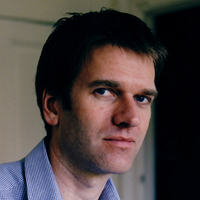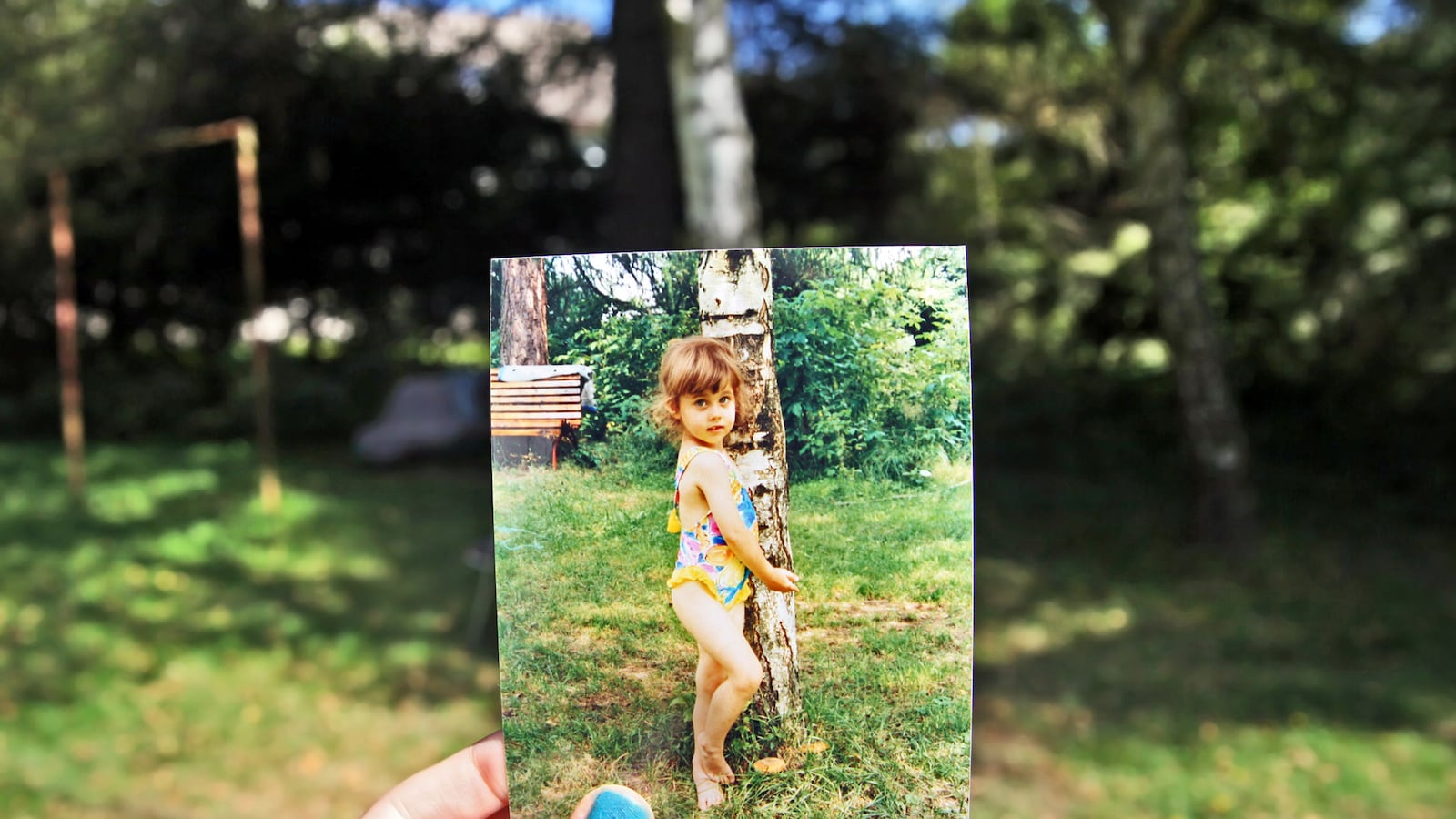I’m picky about memory. I don’t want to remember more “stuff,” like the elements of the periodic table or the names of all the presidents (I’ve got Wikipedia for that). Instead, I want to stay in touch with the events of my own life: that great midnight conversation I had with a friend, or that visit with the kids to the Tower of London on a cold spring Sunday. I want to be like my grandmother, who, when I interviewed her at age 93, could recall how she felt as she saw the bombs dropping on London during the Blitz. Oscar Wilde referred to memory as “the diary that we all carry about with us.” I want mine to be filled to overflowing: not with mere information, but with the stories that make me who I am.

In order to remember an event, we first need to encode it, which means taking in information through our perceptual systems and converting it into a form that can be laid down. At the very least, that means we need to be there in the moment when things are happening. Plenty of studies have shown that, when our attention is divided, we do a worse job of encoding, probably because we don’t process the information so deeply. Our memory suffers, not just for the things we are supposed to be remembering, but also for the contextual details that might later act as cues to recall.
Shun distractions, in other words, and you should encode events more effectively. Simply telling yourself to remember might work too. In one vivid memory of early childhood, the novelist A. S. Byatt recalls telling her young self, “I am always going to remember this.” She did. Studies show that if we are motivated to remember something, we will often do it better—as long as we are motivated at encoding rather than at retrieval, when strenuous efforts to recall are less effective.
Sometimes the biggest distraction is that very determination to remember. I heard the story recently of a teenage girl who, at the end of a family trip, was busy taking pictures on her smartphone while her parents were calling her away. “I’ll be there in a minute,” the girl was heard to say, “I’m just doing my memories.” How many times have you watched footage of an event on the TV and seen people in the audience filming it for themselves? With high-quality cameras in our pockets, there’s a strong temptation to live our lives through a viewfinder.
This cuts two ways in terms of its effects on memory. True, you end up with a representation of the event that can later be a useful cue to memory (photograph albums really do take you back in time). On the other hand, you are also attending to the act of recording—which, if you’re as hopeless at using a phone as I am, takes a lot of attention. And a picture is always partial: it can’t capture anything of the other sensory details that can be such powerful cues to memory, such as sounds and smells.
We shouldn’t jump to the conclusion that our online, multitasking lifestyles are necessarily a bad thing for memory. My Twitter timeline is a pretty good guide to what I have thought, felt, and laughed about in the last couple of years. We can also use digital technologies to store information that we might not attend to very much at the time, and which can subsequently be a potent cue to retrieval. This is the rationale behind some people’s use of the SenseCam, a small digital camera, worn around the neck, which is triggered to take pictures by movement and changes in the light. SenseCam has been used by amnesiacs to provide cues to memories that would otherwise be inaccessible. Tiny details from an image, features that would hardly have been noticed at the time, can spark memories in a Proustian rush.
We can do plenty of other things to boost our chances of having rich autobiographical memories. A key principle of memory is elaboration, the process of generating new connections among bits of information so that they form a more organized and persistent memory trace. Talking about the past (both to yourself and to others) serves to elaborate the memory. Children whose parents elaborate on past events go on to produce richer autobiographical narratives. Writing about the past, in the form of a diary that can be revisited in later years or decades, might be even more effective. And bear in mind that, when we encode information about an event, we also encode some of the contextual details (like sounds and smells) that accompany it. Those background details, when we re-experience them, can be effective cues to retrieval, which is why going back to a place is one of the best ways of reactivating memories of it. Some people (like pop artist Andy Warhol or many chefs) even use smells deliberately to reawaken memories of particular events; many of us use music in the same way.
While we’re putting all this into practice, we also need to be aware of the deceptions and distortions of memory. Memory does not record the past; it reconstructs it according to the needs of the present. Remembering better is not about pointing the camera and switching to HD mode. We should think about remembering as we would think about other creative things we do, like playing the sax or shooting hoops at basketball. Doing it well does not mean crunching more data; it means being aware of the mechanisms it works by and the tricks it can play, so that we can forge new relationships with these precious stories of the self.






